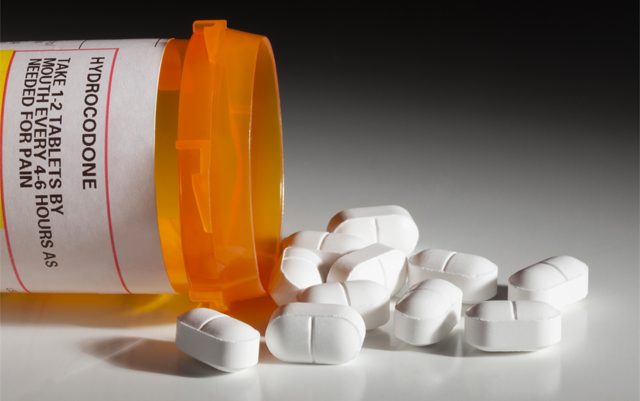The state of Massachusetts is one of a handful of states that voted to legalize the possession and sale of cannabis in the 2016 elections – and while the state has delayed making commercial sales of cannabis available, they have still been working towards that end goal. However, since U.S. Attorney General Jeff Sessions made the decision earlier this month to rescind the policies protecting state-legal cannabis businesses from prosecution, there has been a lot of uncertainty, especially when the top U.S. Attorney in the state was appointed by President Donald Trump and AG Sessions.
“I can say that on the one hand marijuana cultivation and trafficking is unambiguously illegal under federal law. It just is,” said U.S. Attorney Andrew Lelling.
Previously, Lelling wrote in a press release that while he knows people and groups are looking for guidance from his office on the issue of federal enforcement, he could not provide assurances that anyone would be immune to federal prosecution. This made some concerned that it would cause fear in those looking to open cannabusinesses in the state, which may lead to fewer businesses opening on-time, if at all.
However, Lelling has now stated that even though cannabis cases brought to his attention will be considered on a case-by-case basis, his office’s focus is on those trafficking bulk amounts of heroin and opioids.
“The number one enforcement priority for my office is the opioid crisis,” Lelling told reporters during a meeting in his Boston office. “Twenty-one hundred people in Massachusetts were killed by opioid overdoses last year, not marijuana overdoses, so that is where my resources are going right now.”
The Massachusetts Cannabis Control Commission has attempted to meet with Lelling to receive guidance, but he has turned down their attempt because as a U.S. Attorney, he is prohibited from meeting with regulatory bodies. For now, the commission will have to move forward without guidance, and hope that Lelling’s office keeps to their word – focusing mainly on opioid cases.
“I would not dare to say anything directly to the people entering the industry. Because again, something I’m sensitive to, I know that if you want to go into this industry, and you’re not in law enforcement or a lawyer, this may seem unsatisfying but I’m not a policy maker. I deal with the law as it is.”
The U.S. Attorney also pointed out that most of the marijuana related cases that have been prosecuted in his office involved importing cannabis from Canada or Mexico or included allegations of money laundering. With this pointed out, some, like Jim Borghesani, the spokesman for the successful campaign that legalized cannabis in Massachusetts, are hoping that federal prosecutors will not target businesses that operate within the laws passed by voters and regulated by the state.






